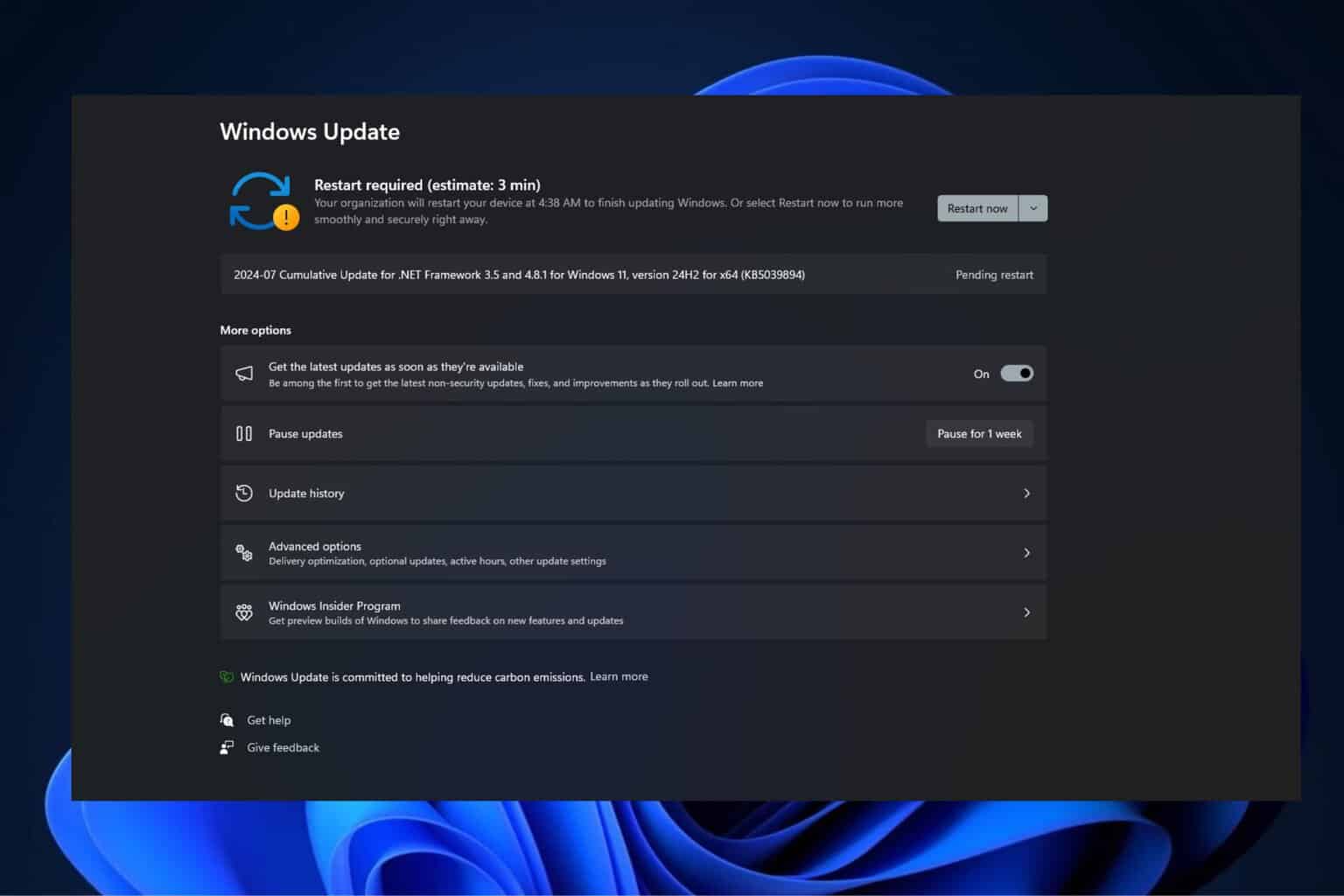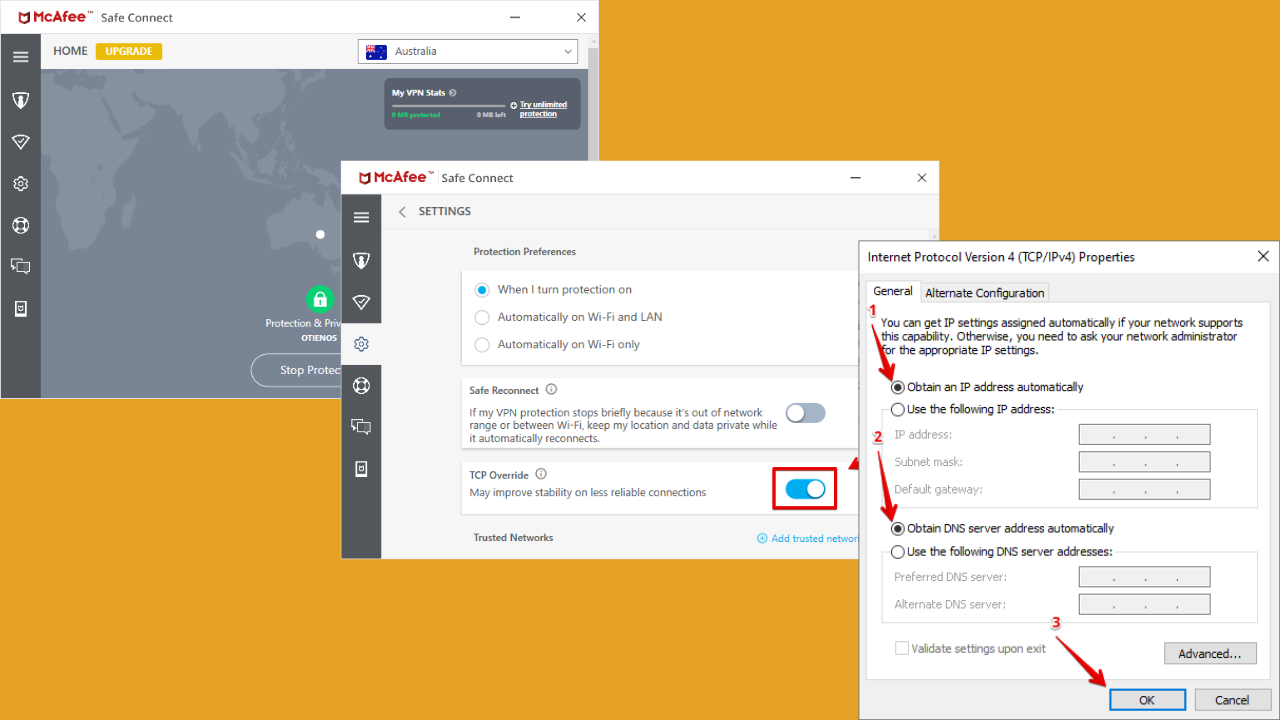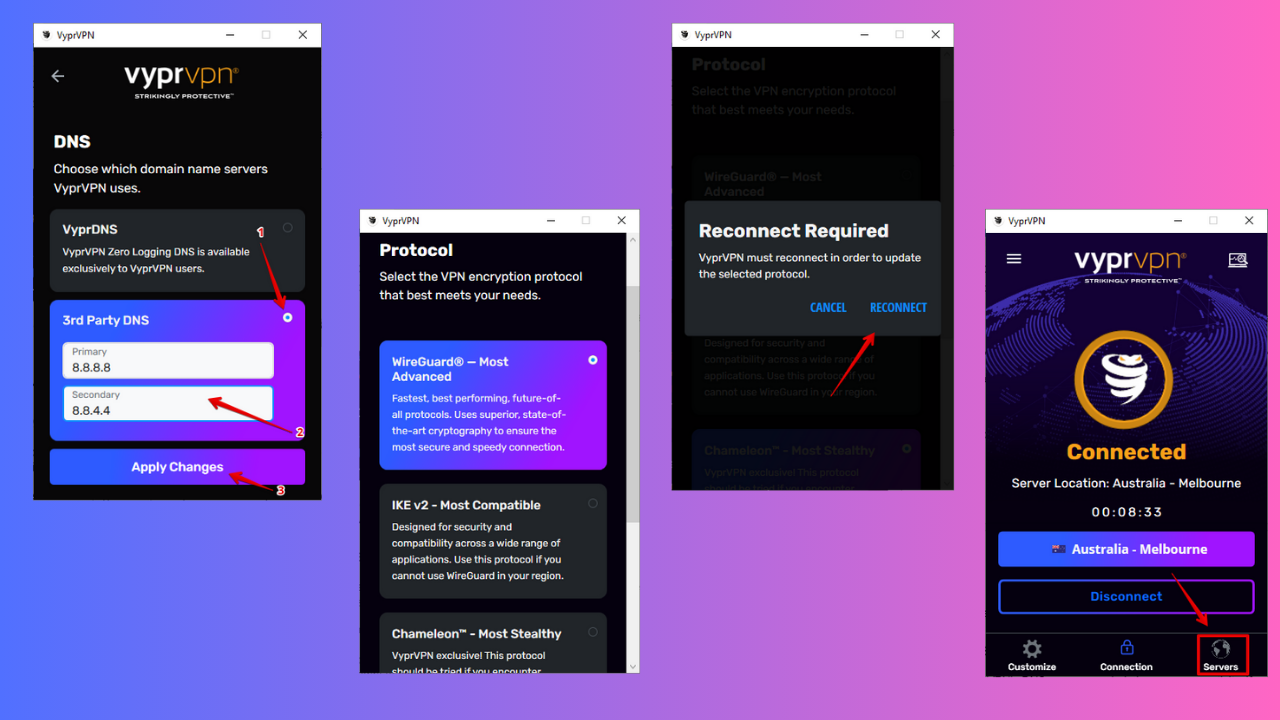Can VPN prevent hacking?
5 min. read
Updated on
Read our disclosure page to find out how can you help Windows Report sustain the editorial team Read more
Key notes
- If you're interested in the VPN industry, you're probably in for the privacy and security features, but is it possible that VPN can prevent hacking?
- Well, the simple answer is yes, VPNs can prevent hacking by throwing you into a pool of anonymized identities. However, things are a bit more complicated than that.
- Check out our best VPNs you can use to protect yourself against hackers.
- Visit our Security Hub to learn more about keeping your device secure against various cyberthreats.

If you’re interested in the VPN industry, you’re probably in for the privacy and security features, but is it possible that VPN can prevent hacking?
We’ve grown accustomed to various specialized tools that can give your devices the security boost they need. However, antivirus, firewall, and antimalware software seem to be more popular in results when there’s a query regarding hacking.
Although we can all agree that the aforementioned utilities generally do a great job at keeping your device secure, there’s one kind of tool that’s missing from that list: VPN software.
Can VPN prevent hacking?
Before investing in premium services, many users wonder whether VPN can prevent hacking or not. Well, the simple answer is yes, VPNs can prevent hacking by throwing you into a pool of anonymized identities.
The more elaborate answer depends on your online activities. If you’re generally cautious about things you do online, a VPN can help you greatly improve the security of your devices.
On the other hand, if you’re reckless and engage in questionable activities, a VPN might not be more efficient than, say, a calculator app. Jokes aside, a VPN alone isn’t going to shield you forever from all the cyber threats out there.
How does a VPN prevent hacking?
If you’re wondering about the mechanics behind a VPN‘s hacking protection, you’re in for a ride. First of all, you need to understand that a VPN will anonymize your connection, making it nearly impossible to pinpoint you online.
All the traffic that leaves your device is encrypted and routed through a secure server, where it’s virtually invisible. Everyone who would try to intercept your traffic would only see a bunch of gibberish.
So basically, it all comes down to encryption. If the VPN does a great job encrypting your traffic, attackers should have an extremely difficult time targetting you with a cyberattack.
However, certain hackers might not necessarily look for a single target and launch web site-wide attacks. If this happens, a VPN won’t do much to protect you.
Long story short, a VPN can protect a hacker from revealing your true identity and hit you with a targeted attack. However, a VPN won’t protect you if you access a compromised website and get hit by a wide range attack.
Can VPN protect you from viruses?
Here’s another dilemma that VPN customers ponder upon, whether or not a VPN can protect against viruses. While some VPN services might offer malware-blocking features, these don’t do great against fully-fledged viruses.
NordVPN and Private Internet Access offer proprietary malware-blocking capabilities. However, these features only protect you against domains that are known to host dangerous content, such as malware or spyware.

Private Internet Access
Looking for a VPN with malware-blocking features? Private Internet Access might be what you need.If you’re using a VPN, download a sketchy file and pray it won’t infect your device, you might jeopardize the well-being of your system in no time.
To put it shortly, a VPN can’t save you from viruses.
Does VPN prevent Remote Trojan attacks?
Remote Trojan attacks are a special breed of cyberthreats. An attacker sends you a file that injects itself into your system and acts as a backdoor.
All an attacker needs for a RAT to work is a working connection and to know your IP address.
After establishing the connection, a RAT can be used to harvest data from your PC, and even perform various actions such as popping your optical drive open, shutting down your monitor, or disabling your input devices.
One may think that VPNs hide your IP address, rendering RATs pointless since the attacker wouldn’t know your IP address.
But in reality, once a RAT has been deployed, it collects information from your PC, including your real IP address, sends it to the attacker, and keeps the connection awake no matter what.
So the answer to the original question is no, a VPN won’t do much when it comes to Remote Access Trojans.
A VPN can’t prevent hacking by itself
VPNs are, indeed, amazing tools that can boost the security of your computer in so many ways. They can help you anonymize your identity, secure your connection, and even prevent hacking.
However, as far as hacking prevention is concerned, VPNs can’t do wonders all by themselves and they work to a certain extent. Using a VPN to prevent hacking might prove pointless if you engage in sketchy behavior on the basis or are careless with your device’s security.
All things considered, if you’re thinking of investing in a VPN to curb hacking attempts, you also need to do your part for it to be effective.
[wl_navigator]












